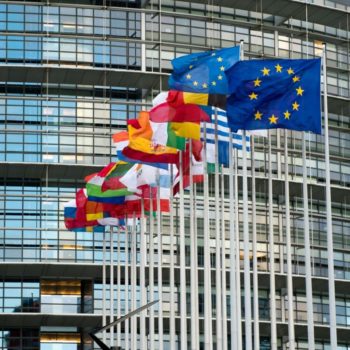This E3G briefing dives deeper into how to make the most of the European Scientific Advisory Board on Climate Change (ESABCC), so that it delivers the expected benefits. It will be appointed by the European Environment Agency (EEA) on 24 March, after strong petitions from the European Parliament and European civil society during the EU Climate Law negotiations.
Independent, science-based advisory boards are necessary to foster and maintain political leadership in driving ambitious climate action. If properly mandated, such institutions can provide the evidence base to politicians and citizens to promote action. They can also contribute to holding policymakers accountable for their political decisions, especially when actions fall short. Finally, advisory bodies play a key role in ensuring policy consistency with climate commitments and building international credibility and legitimacy of climate action.
The European Climate Law recognises the need for scientific expertise and data as the precondition for effective and accountable climate action. For this reason, policymakers agreed to establish a European Scientific Advisory Board on Climate Change (ESABCC). However, the delivery of the ESABCC potential will strongly depend on its practical implementation.
In particular, the following factors will be critical for its success:
- Access to funding.
- Access to the latest scientific cross-disciplinary thinking.
- A clear mandate, mirrored in its workplan.
- A clear framework for response to and visibility of its work
Read the full briefing paper on making the most of the ESABCC here.


